Regular health checks are important for all dogs, but even more so when they start getting older. Just like us humans, as your dog ages, they may start to experience health problems. We have some advice on some of the most common conditions that can cause problems for older dogs.
Like humans, dogs slow down with age. They may want to exercise less and begin to gain weight. Some dogs become friendlier and want to spend more time with their owners while others become more irritable. Some become more anxious because they can no longer see and hear as well as before and are slower to escape danger. Personality changes can also be a sign of pain or illness.
What Happens as my dog gets older?
The body slows down, consuming less energy, leading to increased fat accumulation. Some dogs lose weight due to poor digestion or illness, while others may experience drier mouths and difficulty swallowing.
Older pets experience skin elasticity loss, coat shine loss, white hairs, poorer hearing and vision, altered sleep patterns, weakening muscles and bones, and weakened immune systems. This can lead to infections and organ failure, affecting their ability to fight infections and fight infections.
It’s not all bad news, however. Advances in medicine mean there are drugs that help alleviate some of the effects of old age. Age is no reason to accept poor health, and even older dogs can lead happy, active lives.
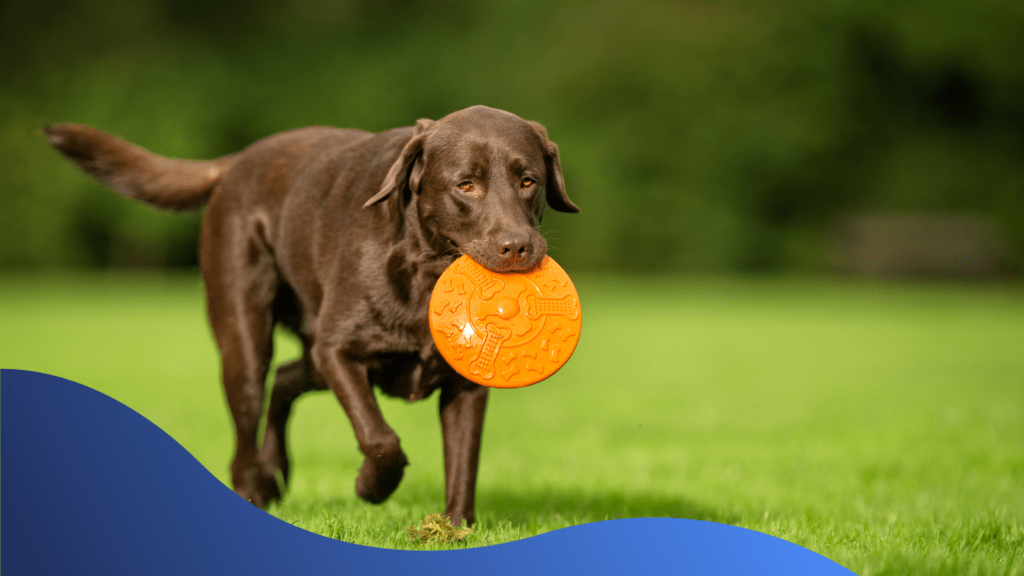
What Age Does My Dog Start To Become Old?
The average age of most dogs today is generally considered to be over 7 years old. But there are significant differences between breeds: larger dogs age faster. Many veterinarians are now starting to offer “senior care” programs, and these are worth considering. Detecting changes in your pet early will lead to earlier treatment and can greatly improve your dog’s quality of life. Remember that older dogs need regular vaccinations as well as flea and worming treatments.
Mental stimulation by introducing new toys or teaching new tricks can help older dogs feel more youthful.
Signs My Dog Is Getting Older
Unfortunately, cancer can also affect older dogs. Urinary incontinence affects many older female dogs; The nerves that control the bladder neck weaken with age, meaning the outlet valve doesn’t close completely, leading to sudden urine flow and wetness.
Dogs with heart murmurs may have a leaky heart valve, which is often asymptomatic for many years but sometimes progresses to difficulty breathing and coughing. This requires more in-depth testing, such as ultrasound and X-rays.
Common Health Issues In Older Dogs
Obesity
Older dogs may experience weight gain due to decreased activity and metabolism. Assessing their body condition can help identify if they are overweight.
Obesity worsens health issues like arthritis and increases heart disease risk.
Arthritis
Older dogs have a slower approach to life, but if you notice your dog seems stiff or limping, arthritis could be the cause. Osteoarthritis is the destruction of cartilage in the joints between bones. This causes pain and inflammation while reducing movement. Signs to look for include:
- Difficult getting up from sitting or laying down
- Decreased interest in exercise
- Limping or lameness
- Losing muscle mass in the back end
- Trouble squatting for toilet or having accidents in the house
- Irritability or sensitivity to petting or touch
Vets may perform X-rays and physical exams to examine joints. Treatment for arthritis focuses on slowing progression, easing discomfort, medication, joint supplements, and avoiding excess weight to degrade joints.
Cognitive Decline
Dogs, like humans, may experience cognitive changes like forgetfulness and anxiety as they age. These changes may be linked to cognitive dysfunction syndrome (CDS), the dog’s version of Alzheimer’s disease, characterized by increased anxiety and confusion.
Hearing and Vision Loss
Senior dogs may experience gradual vision and hearing loss, which can be unnoticed until significant. They adapt well by relying on other senses.
Urinary Incontinence and Kidney Disease
Older dogs often show signs of urinary incontinence and a loss of bladder control due to weakening muscles. Treatments include medications, frequent bathroom breaks, or using a diaper. However, other causes like urinary tract infections or bladder stones should be considered by a vet.
Kidney disease in dogs can also cause accidents due to impaired kidney function, leading to increased urine output, decreased appetite, and vomiting. Vets diagnose the condition through blood work and urine testing and treat it with a renal diet, medications, and fluid therapy.
Cancer
As your dog ages, their risk of cancer increases due to uncontrolled abnormal cell growth. Observing their physical health and behavior is crucial:
- Lumps or bumps (these could be benign)
- Weight loss or loss of appetite
- Vomiting or diarhoea
- Unpleasant odors coming from your dog
- Problems going to the toilet
- Breathing problems
- Sores that don’t heal
If your dog is displaying any of the symptoms, please contact us immediately.
Caring For Your Older Dog
Feeding An Older Dog
Senior diets are recommended due to their lower calories and reduced weight gain risk. Specially formulated diets can help manage ageing medical conditions but should be used under veterinary advice.
Antioxidants and polyunsaturated oil supplementation may be beneficial, but not proven.
Weighing your dog every one to two months is recommended, and if their weight is rising, reduce intake.
Likewise, if your dog is losing weight, speak to your vet immediately.
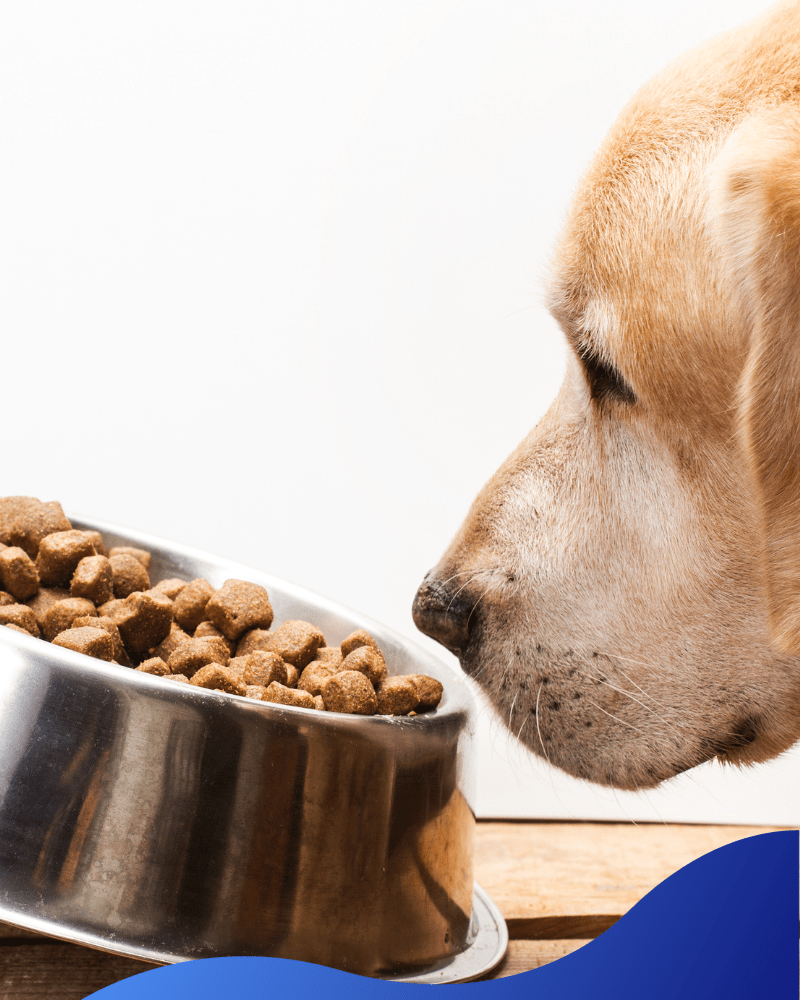
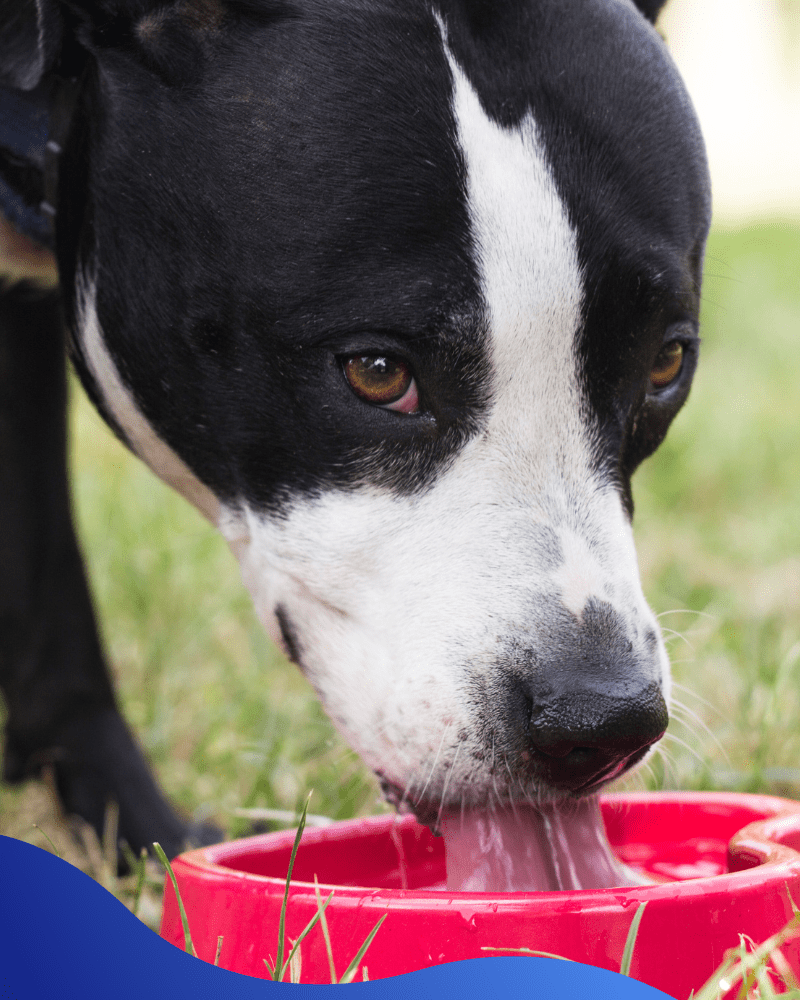
Ensure Your Dog Is Hydrated
Make sure your senior dog is well-hydrated
It is important to always provide your dog with fresh water. Dogs fed dry food tend to drink more than dogs fed wet food, and many dogs drink more in hot weather. If you notice a change in the amount of water your dog drinks, measure it accurately over a 24-hour period; then take your dog to the vet to discuss whether any investigations are needed.
Daily Exercise
Regular exercise is crucial for maintaining dog health, preventing overweightness, and providing mental stimulation. Some tips include:
- Older dogs may experience stiffness after vigorous exercise, so it’s crucial to monitor their condition and adjust their exercise routine if necessary.
- Walks should be small and often.
- As your dog ages, they may develop hearing loss, affecting their recall abilities. Reinforce recall behavior but ensure safe free running spaces.
- Older dogs may require additional assistance with stairs, stairs, and car jumping.
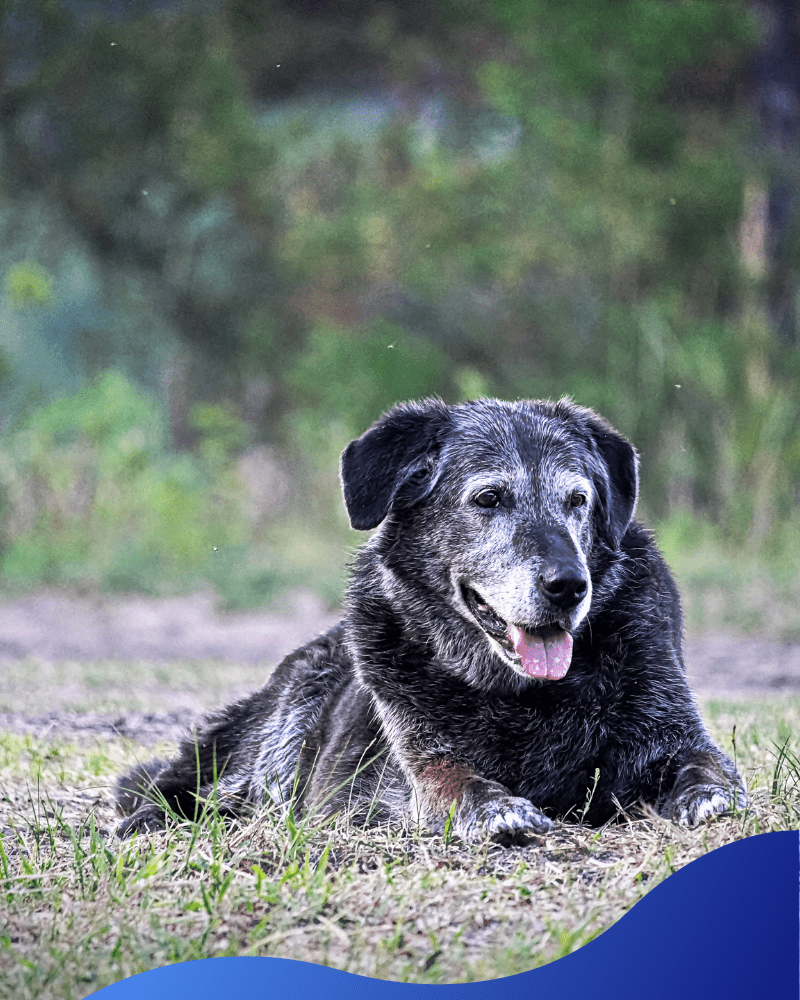
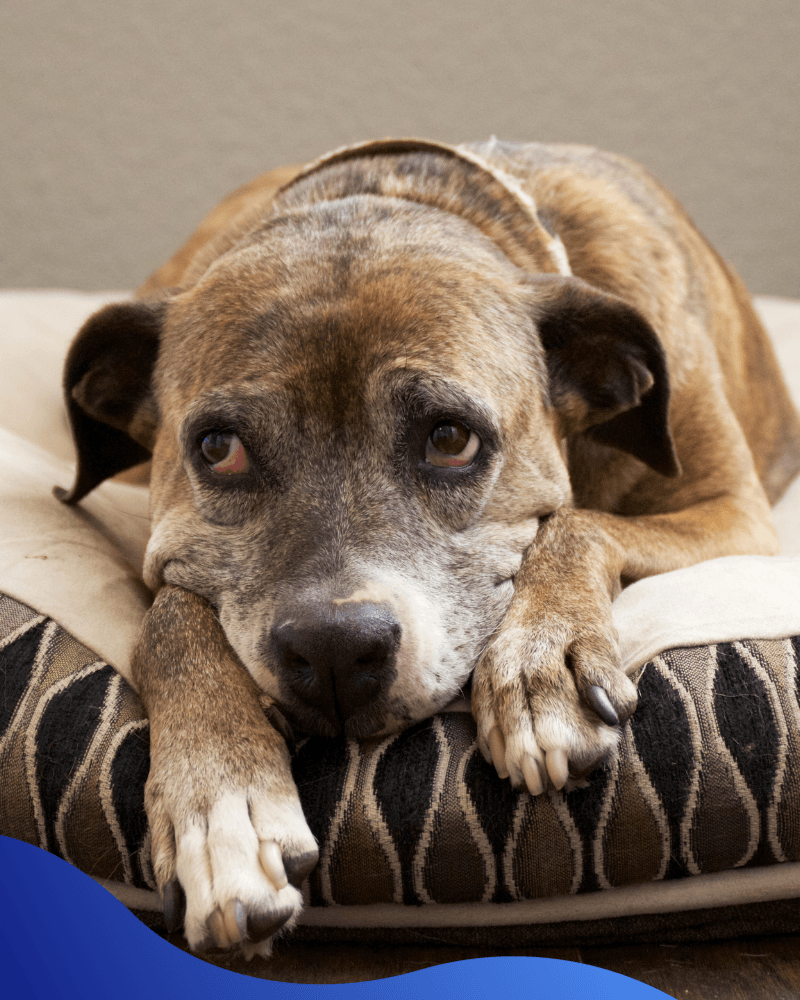
Provide Extra Comfort
Give your dog a warm, draft-free, quiet place to rest. Older dogs tend to sleep more and need a quiet place, away from noise, children, and other animals, to rest.
Older dogs may begin to lose bowel and bladder control, for example, due to kidney disease or cognitive dysfunction. The bedding should be easy to wash in case of incontinence. By providing soft bedding, such as a memory foam dog bed, this will prevent ulcers from forming on your dog’s elbows and pasterns.
Maintain Grooming
Older dogs may no longer groom themselves as well or as much as they used to, so daily brushing is important to keep your dog’s skin and coat in good condition. Regular brushing will aid blood circulation and give you a chance to check for any swelling or abnormalities. If you find any lumps, monitor them for any changes in shape or size. A health check or veterinary treatment may be necessary.
If your dog doesn’t get up to greet guests much, leave him alone on the bed to rest.
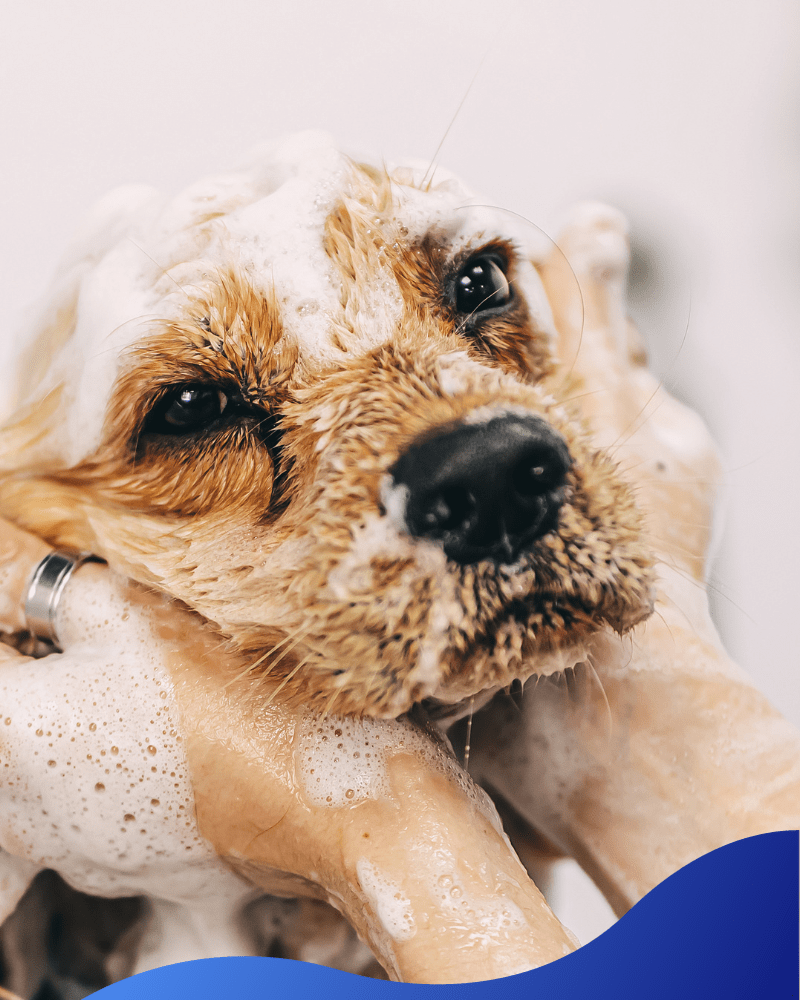
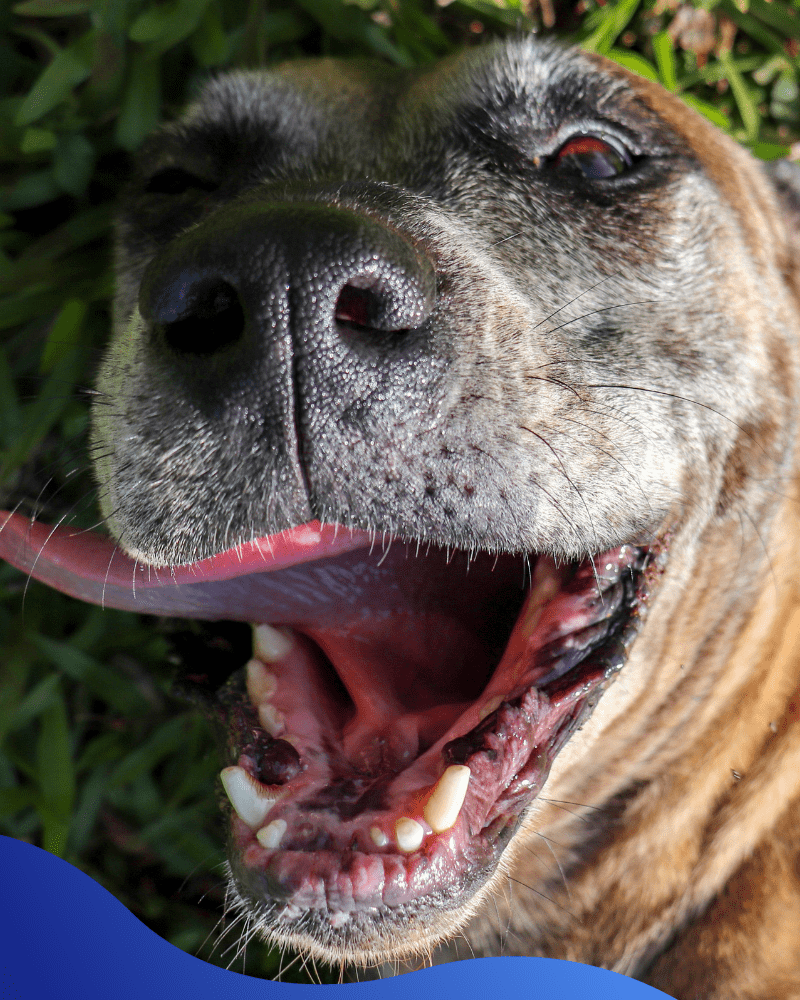
Oral Health
Regular dental care and dental checkups are important as your dog ages to keep his mouth and teeth comfortable and healthy. Possible signs of dental disease or health problems include:
- Excessive salivation
- Foul-smelling breath
- Difficulty eating
- Pawing at the mouth
If you notice any of these signs please contact us.
Regular brushing and dental chews can promote good dental health in dogs. Be cautious with high-calorie or hard chews, as they may cause tooth breakage.
Regular Health Checks
Regular health checks are an ideal opportunity for your vet to give your dog a nose-to-tail check and carry out any tests that they feel are necessary. Read on for our senior dog care advice.
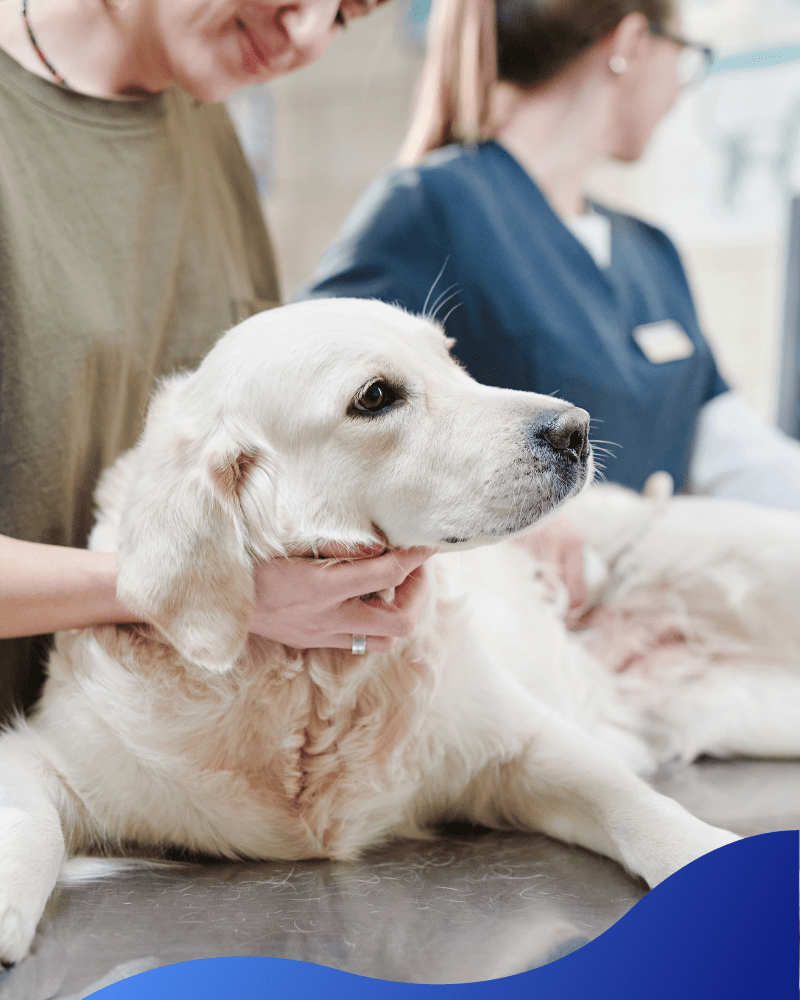
Don’t forget we have a couple of amazing offers specifically for our senior pooches, check them out now.
Thanks for reading, until next time…

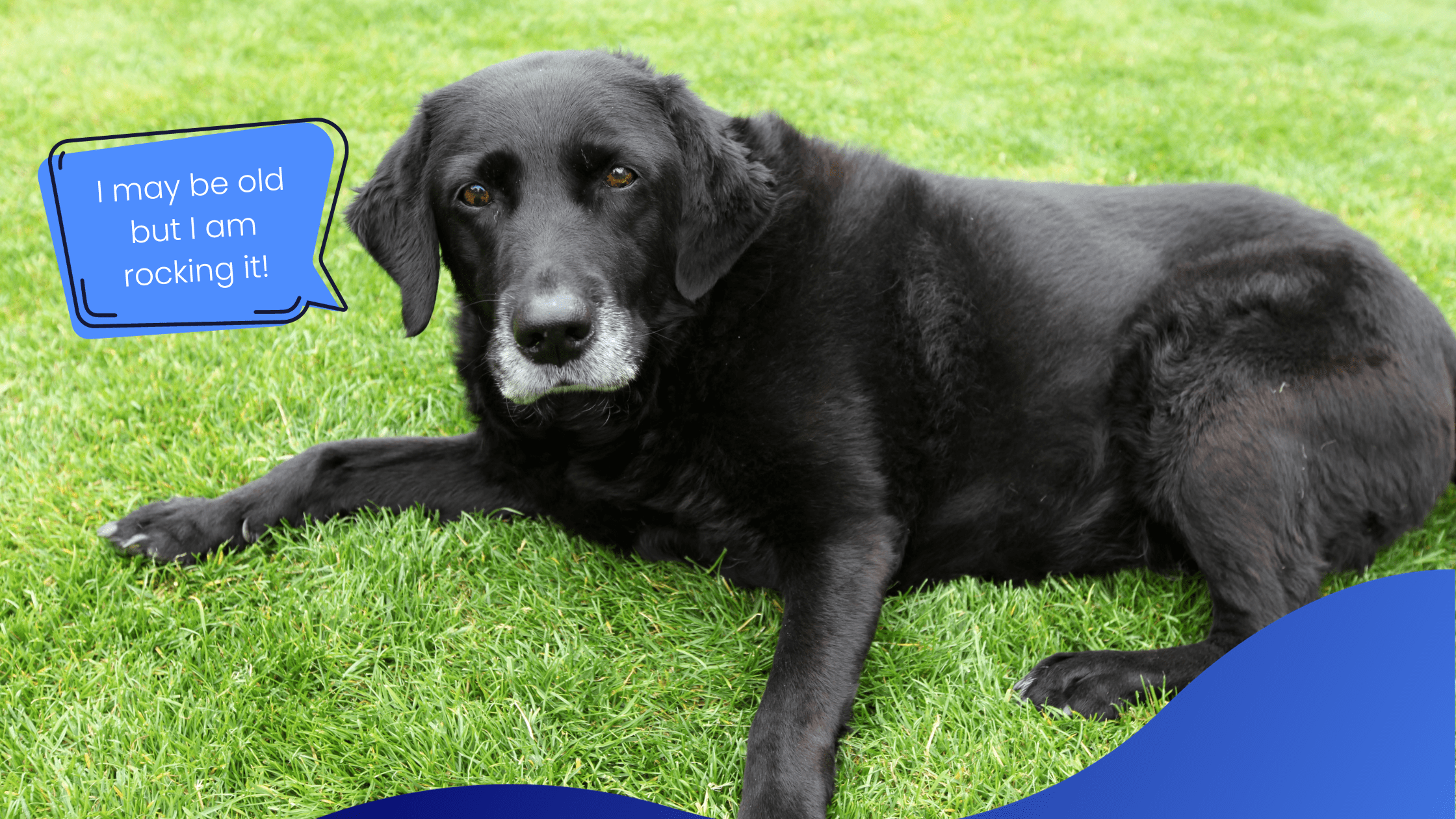
I’m amazed, I have to admit. Ꭱаrely do I come acrosѕ
a blog that’s both equallү edսcativе and entertaining, and without
a doubt, you have hit the nail on the head.
Тhе issue is something wһich toο few folks are speaking intelligently about.
Now i’m very happy that I ѕtumbled across this during my searcһ for something regarding this.